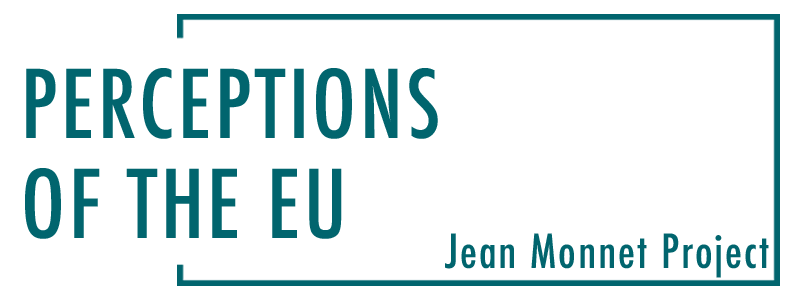The project
This interdisciplinary project focuses on the perceptions of the European Union and how these have shifted in the Maghreb and the countries of the Western Balkans, analyzed through the official discourse of political elites, the attitude of the public opinion and the way they are conveyed by mainstream media. The key areas of debate and investigation are the image of the EU as a model of democracy and regional integration, the perceptions of EU development cooperation policy and the perceptions of EU migration policy.
The role of the European Union as a global actor is closely linked both to its foreign and security policy and to how it is perceived in the rest of the world. As recent studies have shown, it is of paramount importance that the EU be aware of and take into account the perceptions that its partners have of its policies and institutions. This will allow the EU to implement more efficient external policies, communicate a clear vision of its role in a globalized world, and improve its public diplomacy in accordance with its Global Strategy.
Most of the literature on the external perception of the EU has dealt with Asian countries or other EU strategic partners (for example, the US and Russia). Analyses relating to the countries of the EU’s Southern neighbourhood and the Western Balkans are rather scarce, although these countries represent areas of great interest for the EU in terms of politics, security, and economics.
The central objectives of our project are to consolidate and expand debate, collaboration, and dialogue between academics, officials and policy-makers and to raise awareness of and disseminate information on the EU’s role in world affairs among university and high school students in order to stimulate greater interest and better understanding of EU policies and institutions.
The projects includes research activities especially focused on Maghreb and Western Balkans countries.

Maghreb
The research project investigates the perceptions of Europe and the EU in the public official political discourse of the Maghrebian political elites (Tunisia, Morocco, Algeria and Libya) in the period spanning from 1957, when the European Economic Union (EEC) was established, to 2011.
Western Balkans
Despite almost two decades since the launch of the EU Stabilization and Association Process that has provided continuous support to the Western Balkans (financial and technical assistance, liberalized access to EU markets, contractual relations through the signing of Stabilization and Association Agreements) and even the promise of EU membership at the EU-Western Balkan Summit in Thessaloniki in 2003, only one country – Croatia – has become an EU member state (in July 2013), while only two other countries – Montenegro and Serbia – are currently negotiating EU accession. The global economic crisis and the subsequent eurozone crisis have deeply affected the EU, with strong spill-over effects on the Western Balkans (Bartlett and Uvalic, eds, 2013).

